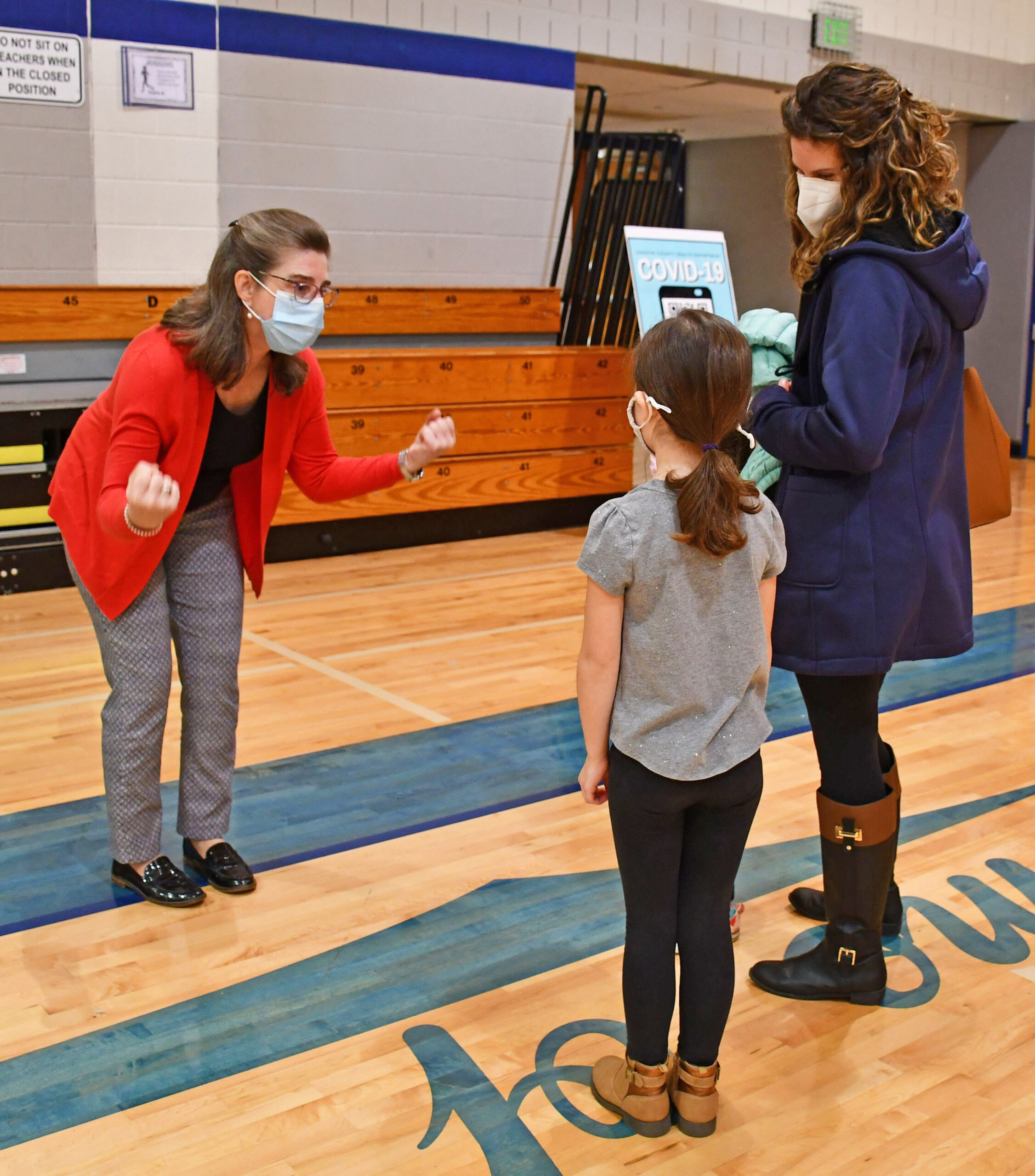Looking for a healthy place to live? Chester County may be it.
The Robert Wood Johnson Foundation deems Chester County the healthiest in the Commonwealth. And a survey conducted by U.S. News and World Report ranked Chester County’s life expectancy at 81 years, about four years above the national median.
The apparent promise of a healthy life may be a factor in Chester County’s continued population growth. Census data indicate that the county has continued to grow even as other Delaware Valley counties have lost residents.
Chester County Health Director Jeanne Franklin said the county is focused on “a multi-sector commitment to health and safety.”
“That’s at the county government level,” she said. “The number of topics we approach from a multi-sector perspective (varies) from human services to the (criminal justice system), drug and alcohol, health, and planning.
“We’re always working together to address a need, a gap, an opportunity, all angles, and it’s having an impact.”
The county promotes good health through its interactions with school districts, relationships with community leaders, and connections to the county’s nonprofit organizations. Franklin estimates there are some 3,500 nonprofits in the county.
The county has been successful in its efforts, she said, “because there’s such an integrated approach to many, many, many topics.”
Chester County is the wealthiest county in Pennsylvania. Americans in upper-income brackets theoretically have access to a better quality of health care.
But the county also includes a sizable population of migrant workers, a demographic that can skew poorer. Franklin emphasizes it’s important to meet their needs as well.
“In southern Chester County,” Franklin said, “we have a portion of the population that is migrant farm workers, or from other Spanish-speaking countries coming here to make a living, or to find the American dream, whatever that may be, or support their families.
“And they don’t know how to have a voice for themselves, being so new in the country. So even though we’d love for them to make those healthy decisions, they don’t know enough necessarily, and they don’t have a voice.
“So we rely on the non-government organizations that are already serving them and can speak on their behalf. They’re the boots on the ground that become the ears and the voice for pockets of the population that either can’t or won’t speak out.”
One such organization is the Kennett Library, which for decades has been serving immigrants with adult literacy programs. Since 1979 the program has assisted immigrants from 55 countries on five continents.
Amanda Murphy, the library’s marketing director, said the literacy program “means a lot” to the immigrant community.
“Not only are folks coming and getting an education or learning English, but they’re also getting their U.S. citizenship,” she said, “and they’re also finding a connection where they feel welcome, they feel accepted, and they are understood.
“We try our best to see that most of our important messaging is bilingual.”
Murphy notes that programs like the adult literacy effort enhance participants’ mental health and self-esteem.
“I don’t think that’s talked about enough and what that means,” she said. “I don’t think many people know what that’s like, to come to a place that is not your home. And you’re coming there with your good intentions. It’s a big life change, no matter what the transition or what someone’s story might be.”
Franklin said that since the start of the pandemic, county officials have become more attuned to mental health issues.
“People just outright lost their jobs,” she said. “After years of being productive, working individuals, they lost their jobs and realized they needed help obtaining food, shelter, etc. COVID-19 put mental health on our kitchen tables and forced us to talk about it.”
The county is paying attention to other health issues, including those affecting the school-age population.
Franklin said the goal is to encourage students to make informed and positive life choices.
“Instead of just talking about tobacco, we talk about healthy relationships, healthy decision making when you go off to college, or when you don’t get your first job that you apply for,” she said. “Encouraging them to be stronger growing adults. We have a very educated county, but it doesn’t come automatically.”
Franklin said the county’s effort is intended to promote both physical and mental health.
“It’s not all about the physical body,” she said. “It’s about educational attainment, the exposure to trauma, skill sets to maintain so you can keep a job.
“There are so many factors in health that are never about someone’s physical body. It’s about everything else around them.”

